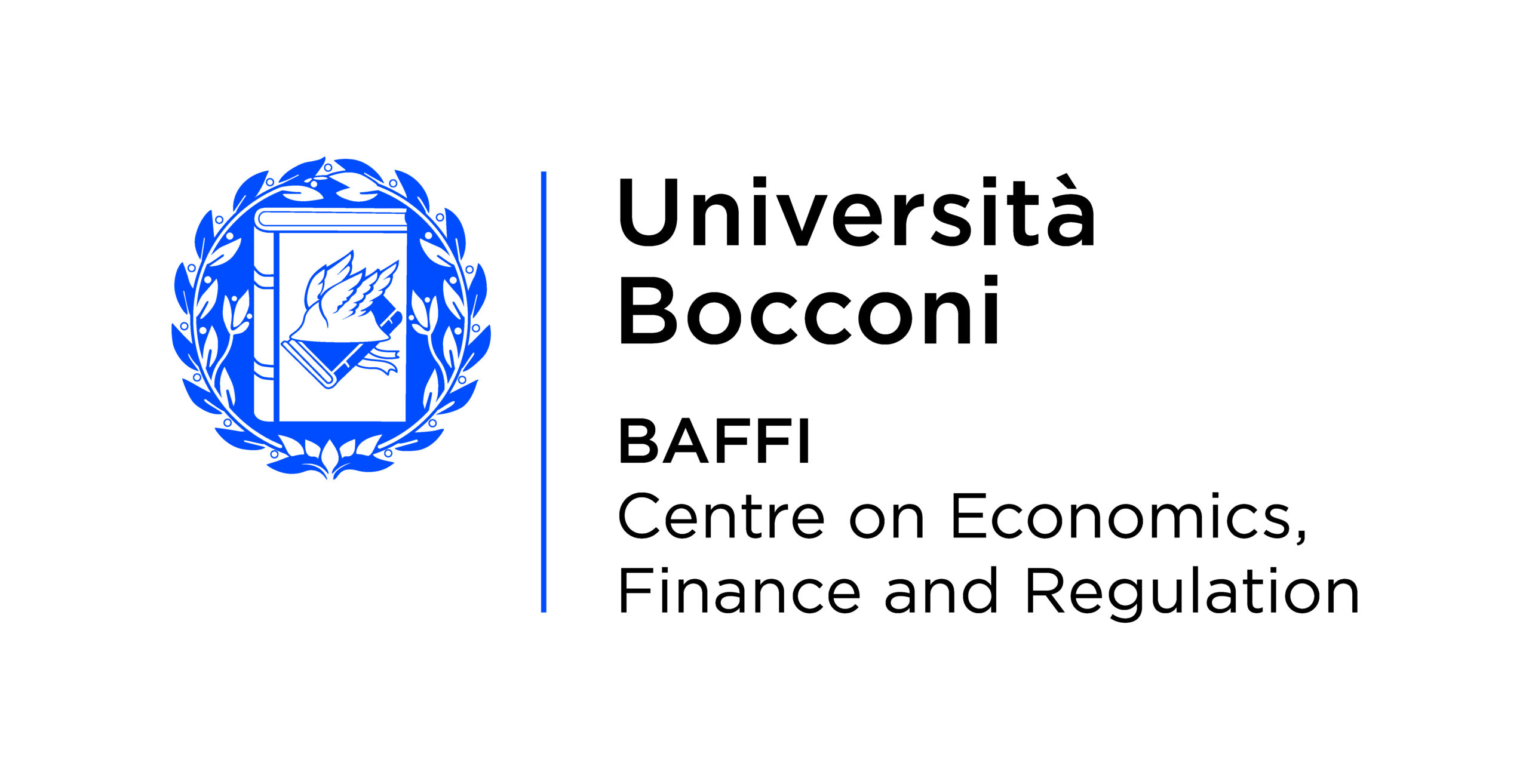

Webex
15:00-16:30 CET

A recent paper finds considerable policy bias in economic research. Jelveh, Kogut and Naidu (2024) show that partisanship is detectable across fields and within fields, even across those estimating the same theoretical parameter. This poses serious challenges to economic policy development. Models and their econometric estimation play an increasingly important role in modern economic and political life. From macroeconomic policy and financial regulation to public health and climate policy, models contribute to shaping policies. The generation of ever more data is likely to support the proliferation of models and econometrics. Yet, research resources in academia focus on the theoretical foundations of the underlying model and on the statistical methods of econometrics; much less attention is devoted to the epistemological challenges of the underlying concepts, the normative challenges of the everyday work with models and econometrics as well as the inevitable role of expert judgement. Yet, understanding these challenges would be crucial to design policy processes that effectively address potential policy biases on economic policy development and ensure the integrity of that process. This SUERF BAFFI Bocconi panel discussion discusses how serious the policy bias in economic research is and how it affects policy development. Furthermore, panellists will explain how that policy bias is possible even when rigorous mathematical/statistical methods are employed. Finally, the panel suggests design features of economic policy development processes that improve its integrity in the face of the policy bias in economic research.
Economics: Ideology or Toolkit?
Zubin Jelveh, University of Maryland · College of Information (INFO) presentation